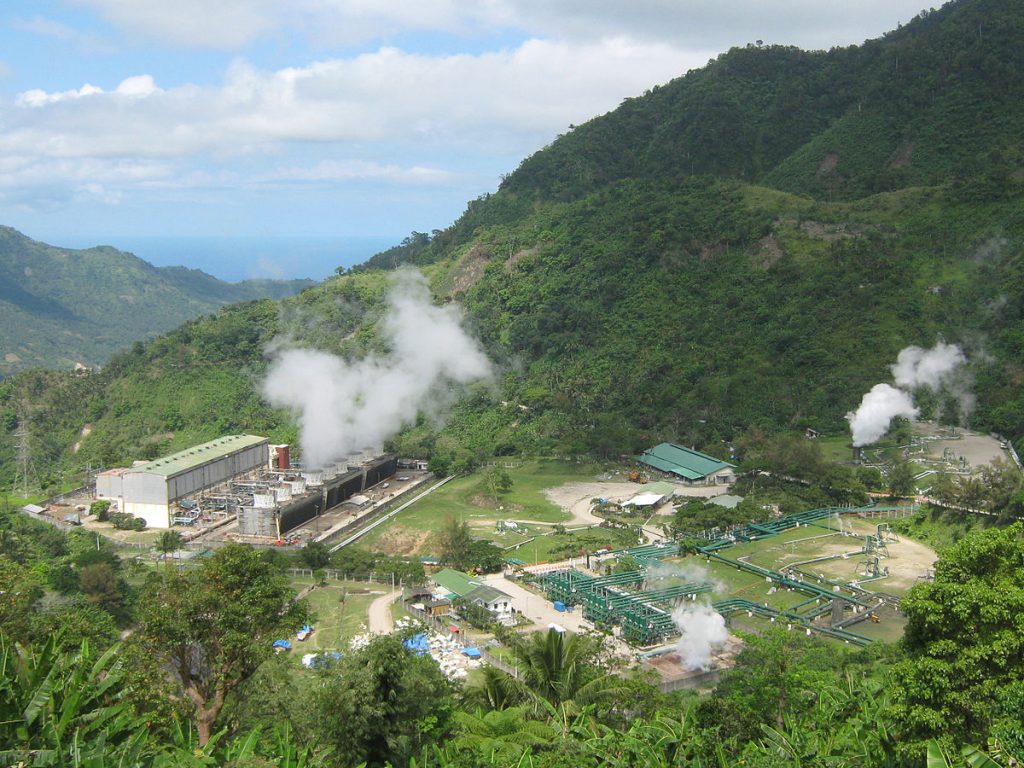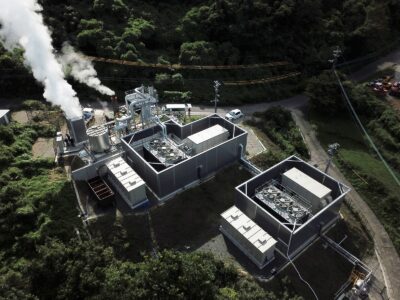Industry seeking faster permitting process for power projects in the Philippines
New report highlights the urgent need for the Philippines to streamline the permitting process for power projects in the country and allow for a faster process to obtain permits to build much needed power plants.
A report recently sent to media in the Philippines highlights an “urgent need for the [Philippines] government to streamline the permitting process for power plant projects to ensure the sector can meet the growing demand for electricity in support of economic growth.”
With the “positive performance of the economy in the Philippines”, there is growing production demand of goods and services, the demand for electricity is expected to increase significantly, so the report.
There are though strong concerns, mostly to the old age of many of the power plants operating in the country today and the lengthy application process for power plant projects.
Nearly half of the power plants in operation “have been operating for at least 20 years and several have been operating at less than their rated capacities,” the report highlights.
The report noted that out of the country’s 104 power plants, 44 have been operating for more than 20 years, leading to several yellow alert incidents and automatic load droppings recorded in the first semester of 2016.
At the same time, under the present regulatory environment, more than 160 clearances and permits are required to construct a power plant, a lengthy process that can stretch to a period of five years to complete, said the report.
While regulation of the sector is needed, “such regulation can also hamper industry growth” while application for permits can impact on generation capacity.
The report said potential power plant developers must navigate a maze of requirements including various permits, endorsements, clearances, and authorities from several government agencies, both local and national.
They need endorsements from the Department of Energy at every step of pre-development and development stages. The indigenous peoples in the area need also to have their concerns addressed.
Source: Daily Tribune


















